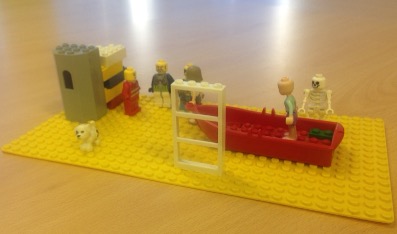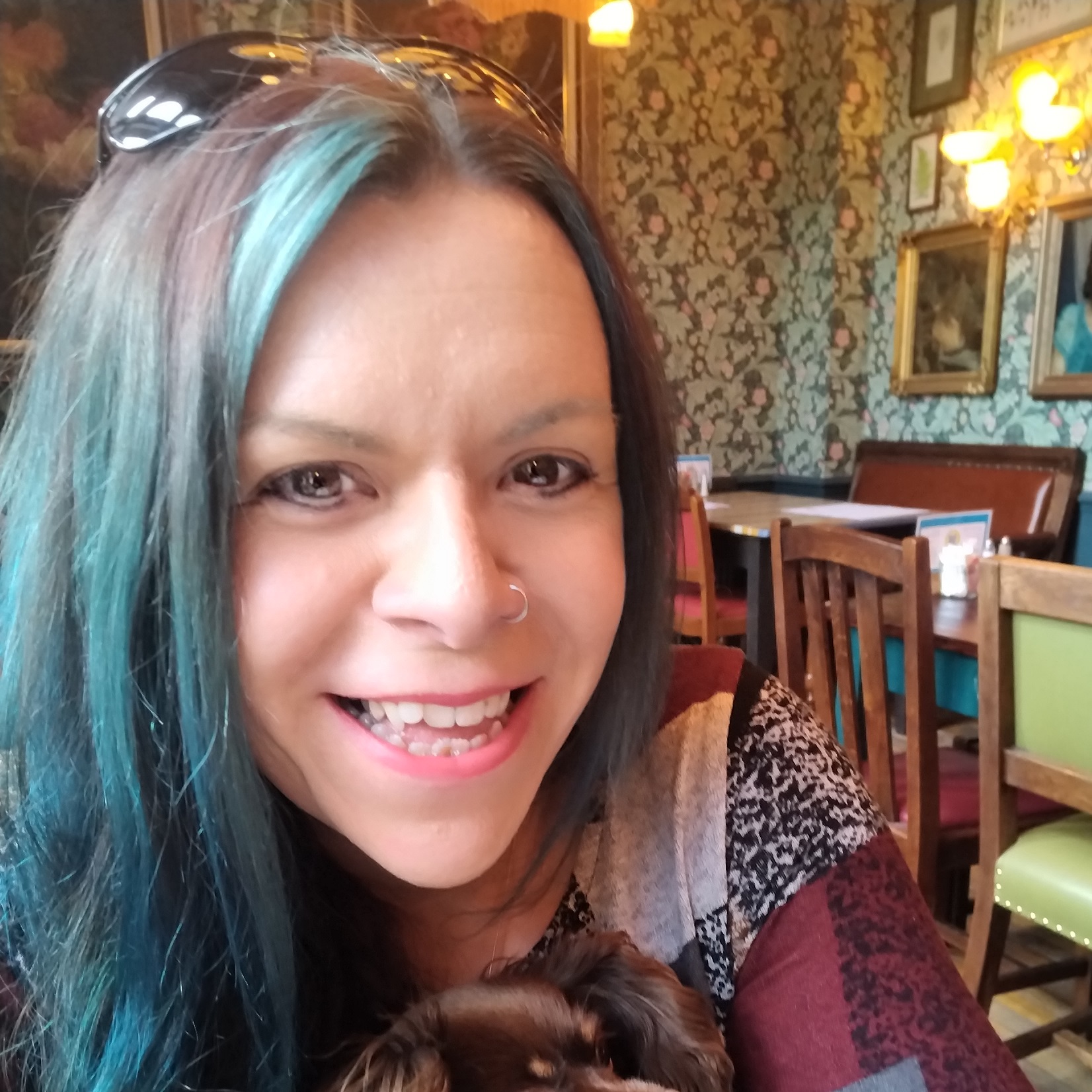
FHEA Fellowship: A Personal Reflection
As I am currently in the process of finalising my submission for Senior Fellowship of Advance HE (SFHEA), I have been reflecting on my experiences of completing the Fellowship (FHEA) process at the start of my lecturing journey.
Background
UK academia is particularly unique in the global context as lecturing staff as there are not any mandatory qualifications to teach. This is based on the long-standing practice that Lecturers would be teaching subjects in which they have a considerable research focus, and thus bring theoretical and practical knowledge from their own careers. This is a different situation to FE and earlier teaching, where all staff are required to have a PGCHE or equivalent.
Despite the lack of mandatory qualifications, the Fellowship opportunities provided by Advance HE (n.d.) fill this gap: even to the extent that many UK Higher Education Institutions stipulate that already having, or commitment to obtain, FHEA fellowship is a contractual requirement of new Lecturer appointments. This can provide a challenge for those who have provided occasional teaching sessions, yet do not have demonstrable proof of their status.
Benefits of FHEA fellowship
I feel that the real benefit of FHEA fellowship is not the status, rather the process academics have to go through to reflect on and improve their own practice. Beyond the professional recognition, the opportunity to develop own skills based on pedagogic best practice enables the understanding of the wider HE landscape and the provision of inclusive learning environments.
Professional Standards Framework
Fellowship of Advance HE is underpinned by the Professional Standards Framework (Advance HE, 2023). This provides a structured approach to demonstrating practice in three dimensions:
- Professional Values – Respecting student needs and the wider HE context.
- Core Knowledge – Understanding the diverse forms of knowledge required to be an effective lecturer.
- Areas of Activity – Demonstrating effective personal practice.
My journey
I was fortunate to complete my FHEA fellowship through the accredited PGCert Academic Practice programme at the University of Salford. This consisted of two taught modules, Learning and Teaching in Higher Education, and Flexible and Distance Online Learning. With weekly lectures, tutorials, and assessments, this provided the opportunity to experience the learning journey in the same manner as the students I was teaching in the Centre for Digital Business.
Through this route, I worked in small groups to explore, observe, and improve existing practice. I found this to be an insightful experience: observing sessions in the Performing Arts, collaborating with lecturers in Health, and completing group formative assignments with academics from the Sciences provided a rounded view of the different teaching styles in practice, demonstrating the need to flex pedagogical approaches to the domain and subject norms.
The highlight of my journey was the activity to introduce learning through play, purchasing an object from the Arndale Centre to enhance explanation of a threshold concept within my own lectures. I paired with a Lecturer in Film Making, with the aim to purchase an object each related to an animal, with a budget of under £3. On the day, we won the prize of spending the least overall budget (only £1!) as we shared an object: a tennis ball thrower for dogs.
This brought together our concepts (which seemed independent and siloed) into different perspectives of teaching using the same topic. In my case, I used the object to describe the difference between UI (User Interface) and UX (User eXperience).
Reflecting on my personal journey through the PGCAP, I constructed a Lego Serious Play model reflecting my own practice:

From right to left, the elements of the model are as follows:
1. Me, in a boat – This LEGO figure represents myself, with the boat taking me on a journey through the module.
2. Skeleton – Prior to the course, I had some basic teaching and training experience – depicted by the ‘bare bones’ of theory and practice.
3. Window – This demonstrates my reflective approach to learning, applying Brookfield’s (1995) four lenses of a critically reflective teacher.
4. The group – A key element of my learning journey has been the close interaction of a diverse group of students, enabling me to learn from others’ practices.
5. Woof! – The dog represents the learning through play activity described above; integrating fun into teaching threshold concepts.
6. Castle – The solid foundations are the result of my participation on the module, though there are some gaps still remaining to be filled by future professional practice and learning by doing.
Discussing this model helped me to shape the direction of my future personal development, and an understanding that my existing practice was underpinned by constructivism, creating 'a rich environment for active learning' (Grabinger and Dunlap 1995).
Post-FHEA experiences
After the PGCAP, I continued to develop my own practice, through completing courses such as Effective Programme Leadership and Mental Health England's Mental Health First Aider, enabling me to better understand how to manage student challenges that may impact on their progress. Since gaining FHEA Fellowship, my academic career has gone through many stages, including Programme Leader roles, validating new programmes, working in both Business and Computer Science faculties, and leading to my current role as Director of Academic Practice. Continuing to learn, share best practice, and understand the ever-changing HE context is important to ensure I can continue to support learners on completing their qualifications.
References
Advance HE (n.d.) Fellowship. Available at: https://www.advance-he.ac.uk/fellowship/fellowship (Accessed: 14 May 2024).
Advance HE (2023) Professional Standards Framework for Teaching and Supporting Learning in Higher Education. Available at: https://advance-he.ac.uk/knowledge-hub/professional-standards-framework-teaching-and-supporting-learning-higher-education-0 (Accessed: 14 May 2024).
Brookfield, S. (1995) Becoming a Critically Reflective Teacher. San Francisco: Jossey-Bass.
Grabinger, R. S. and Dunlap, J. C. (1995). Rich environments for active learning: A definition. In: ALT-J 3(2), pp. 5–34.
